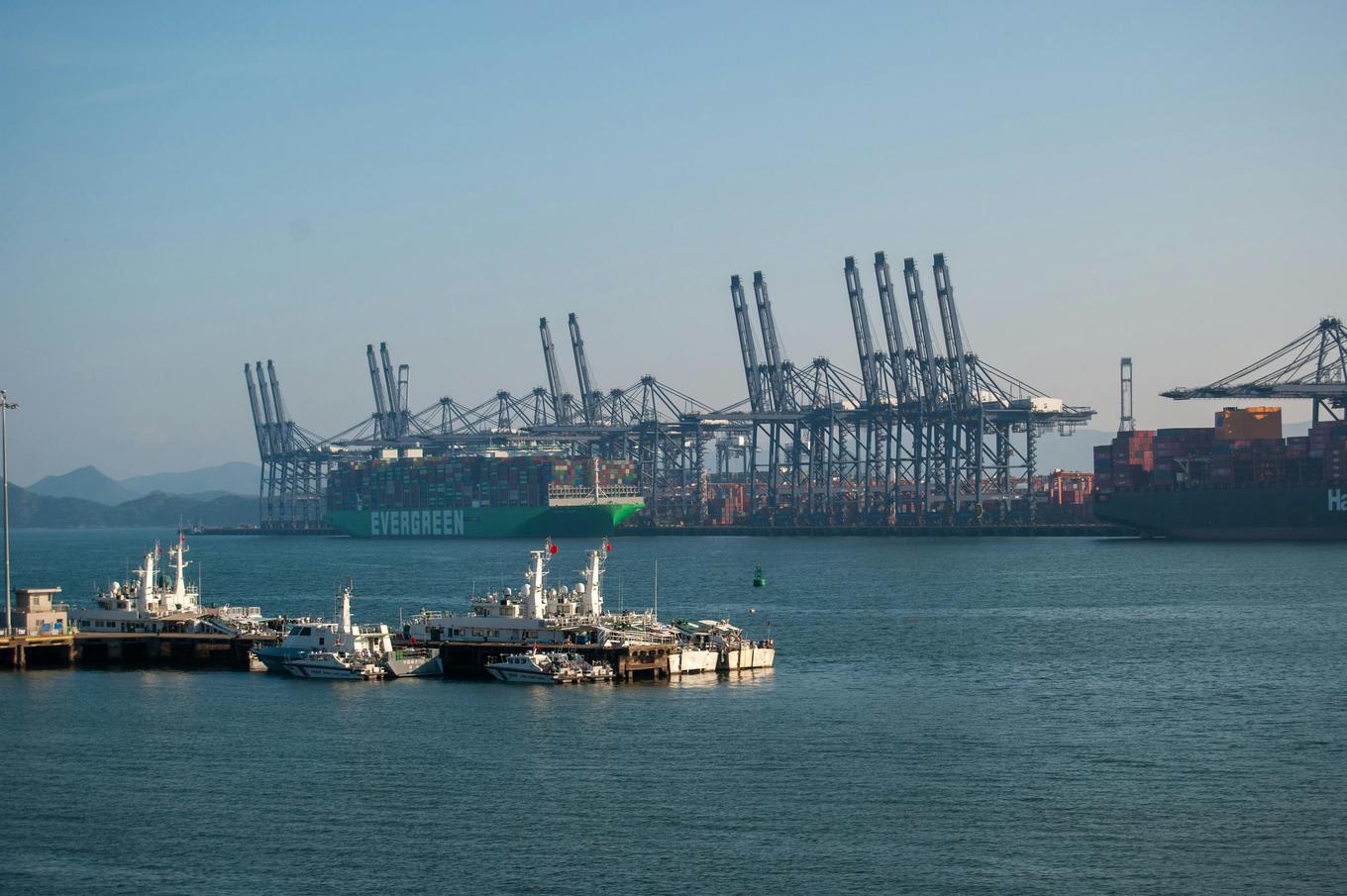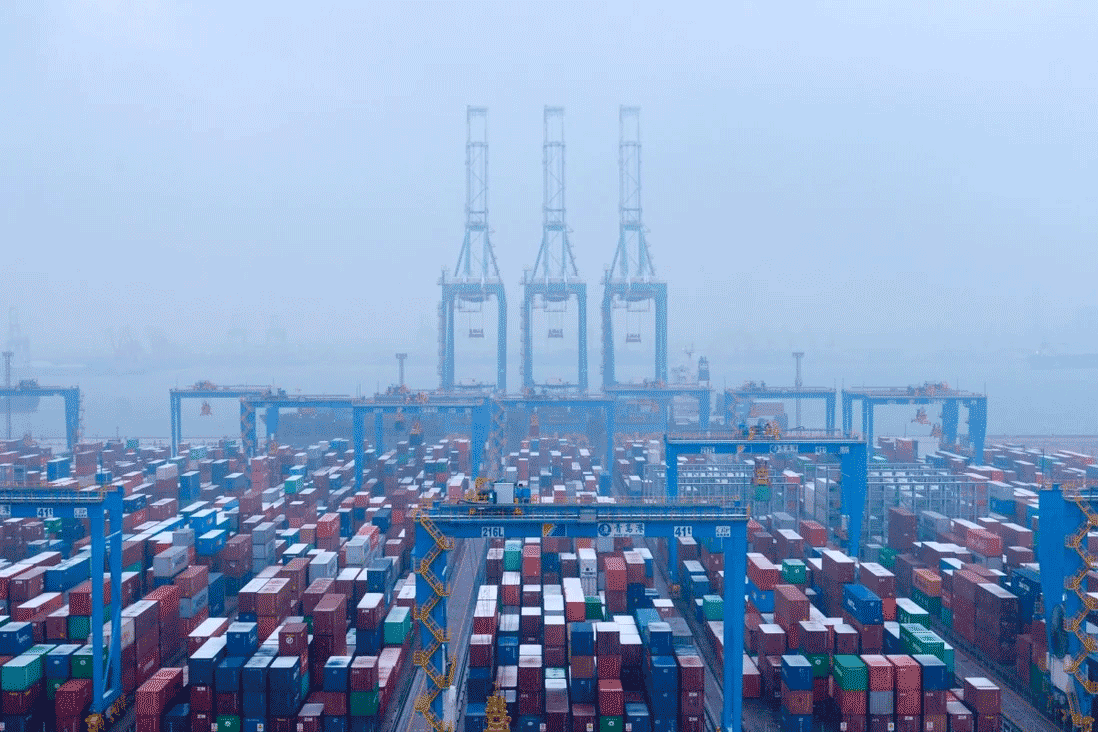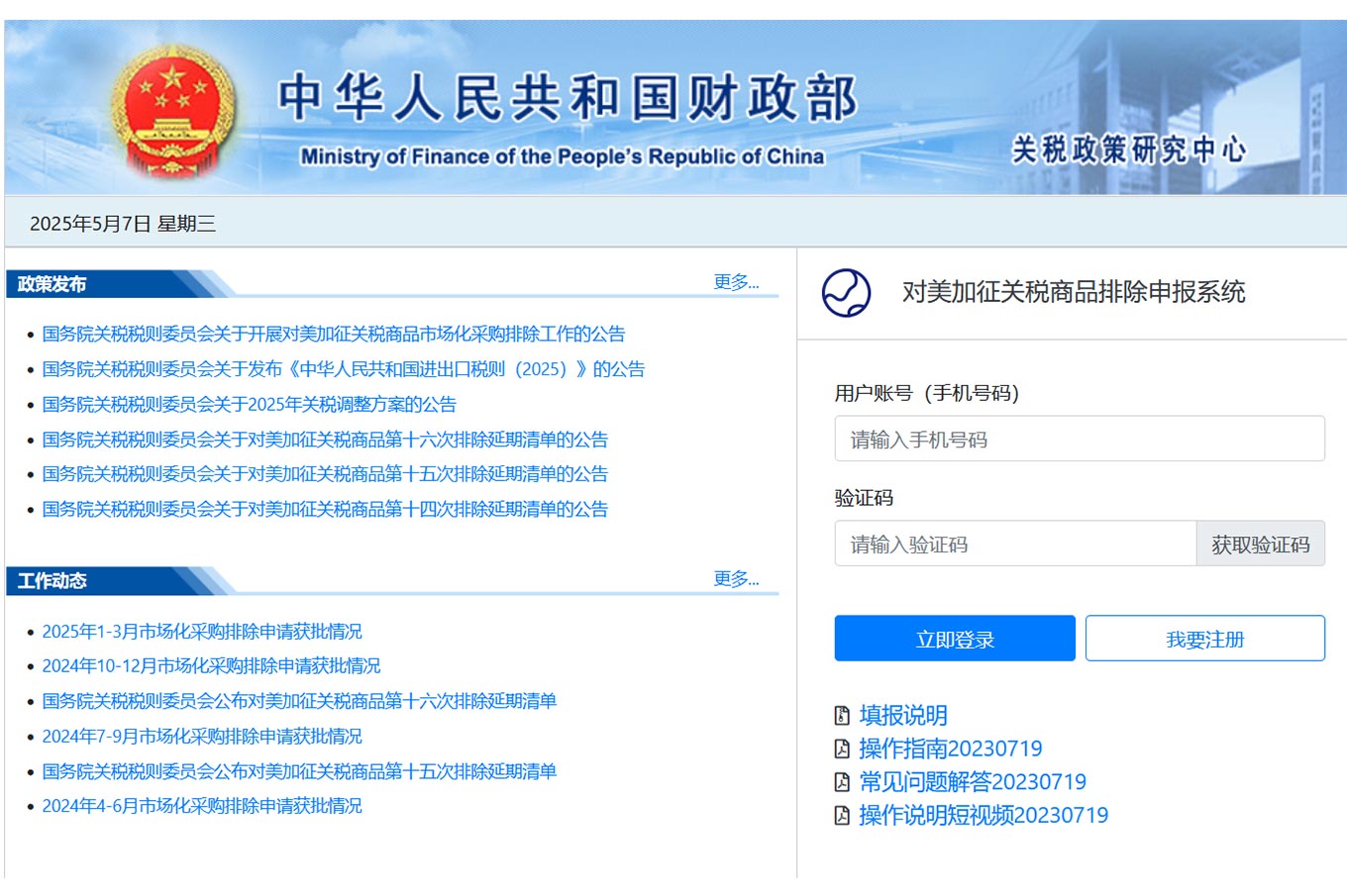- Shanghai Zhongshen International Trade Co., Ltd. - Two decades of trade agency expertise.
- Service Hotline: 139 1787 2118
After imposing sanctions on energy products from Russia and Belarus, the EU plans to take action again, this time targeting the grain exports of the two countries. According to the Financial Times, the European Commission is about to impose a heavy tax of 95 euros per ton on wheat from Russia and Belarus. This move is expected to deal a major blow to Moscows grain exports and may change the existing pattern of the global grain market.

Among the member states of the European Union, countries such as Italy have seen a significant increase in wheat imports over the past year. However, with the implementation of new tariffs, farmers in EU countries may face reduced supplies of wheat from Russia and Belarus, which in theory should benefit local farmers. Yet, the reality might not be so straightforward. European farmers have already expressed strong dissatisfaction with the large-scale imports of Ukrainian wheat, arguing that it violates the EU's "Green Regulations" and has led to a decline in the prices of their own products.
Particularly in Poland and other Eastern European countries, farmers' discontent has translated into action, with blockades of railways and public protests, highlighting the potential conflict between European agricultural policies and farmers' interests. The situation in Italy is especially dire, with data from the Italian farmers' association "Coldiretti" showing that Italy can only produce 36% of its total demand for common wheat and 53% of its corn.
In addition, the EUs plans are not limited to cracking down on grains. It also includes imposing a 50% tariff on Russian oilseeds and their processed products. Although this series of measures aims to weaken Russias economy, the direct result may be a sharp increase in food prices across Europe.
The Financial Times quoted analysts as saying that these new measures could lead to at least a 50% price increase. This surge will not only exacerbate the burden on consumers who are already under pressure due to rising energy prices, but may also force the EU to reconsider its approach.foreign tradeThe long - term sustainability of the Yihe agricultural policy.
Whether the final result can meet the original intention of the EU or will bring more economic and social problems remains to be further observed and analyzed.
Related Recommendations
? 2025. All Rights Reserved. Shanghai ICP No. 2023007705-2  PSB Record: Shanghai No.31011502009912
PSB Record: Shanghai No.31011502009912










